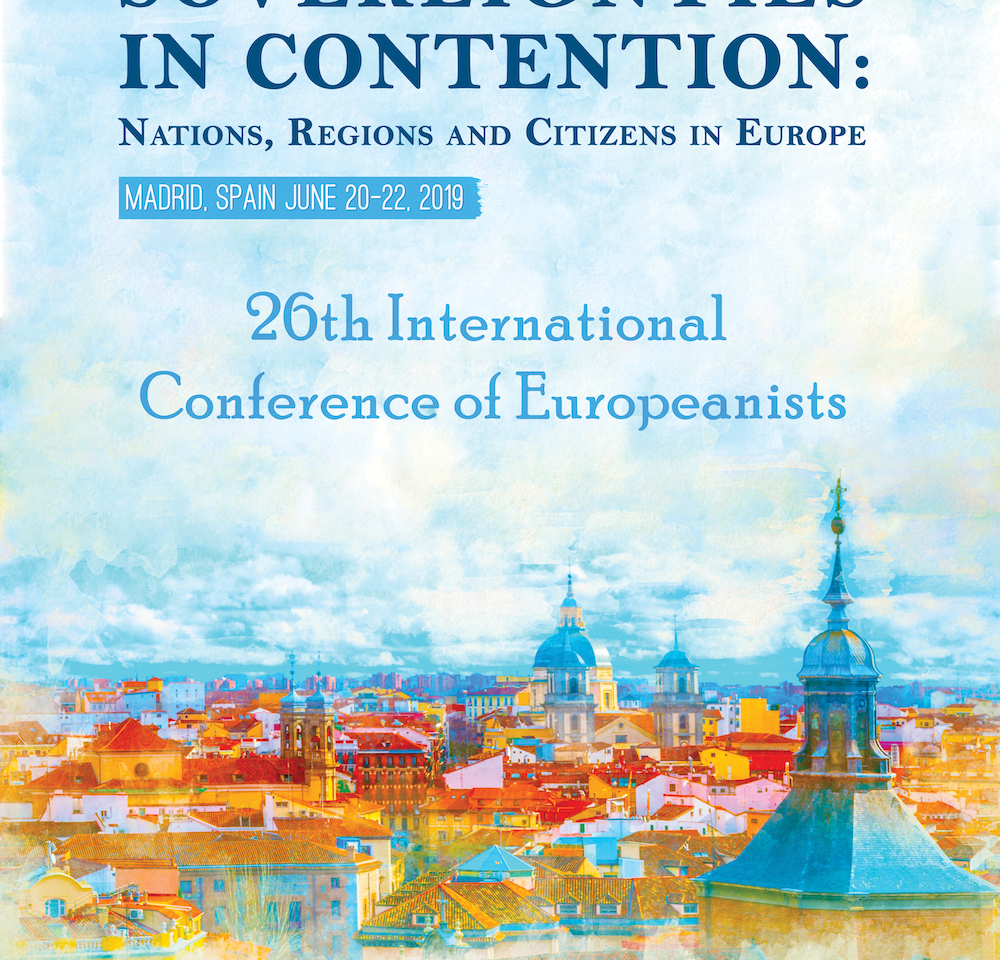The future consolidation or erosion of western democracies depends on citizens’ perceptions of and participation in democracy—specifically as it concerns democratic disaffection. Of particular importance is scholarship on the role of frames of national sovereignty in shaping the citizen democratic disaffection—especially in the context of European integration (e.g. Díez Medrano 2003). For example, in many European member states, populist parties have been increasingly successful at securing seats in national parliaments. These parties strongly question the role of Europe in many domains that directly affect individual citizens’ lives. The rise of these parties, combined with the success of Brexit, highlight the importance of democratic disaffection as a central element of Euroscepticism. It is for this reason that we emphasize the importance of analyzing democratic disaffection and its relationship to sovereignty from the perspective of “democratic linkages.” We define this term as the various ways in which citizens can be connected in a structural and durable way to their political system (Kitschelt & Wilkinson, 2007). In other words, ‘the whole range of attitudes, behaviours and intermediary associations that constitute the relation between citizens and the political system’ (Hooghe, 2011, p. 4). This, then, includes political trust, support, loyalty, and participation. Adopting such a perspective then enables us to analyse democratic disaffection as a relationship between a sovereign democratic political system and its citizens. Scholars can then isolate democratic linkages for political systems at different geographic levels. On a theoretical level, this paper panel includes contributions that explore avenues that allow for a reappraisal of democratic disaffection and its relationship with public policy developments over the last decade. It also contributes to understanding the role of mass media in shaping political narratives of the relationship between citizens and the EU integration process. On the empirical level, the panel includes diverse approaches—from cross-national quantitative analysis to the (re)analysis of qualitative data.
The changing nature of democratic linkages in turbulent times – Panel organised at the CES Conference in Madrid 20/22 June 2019, Margherita Bussi, Luis Vila-Henninger, Claire Dupuy and Virginie Van Ingelgom

